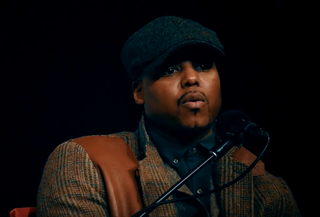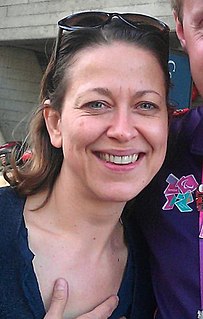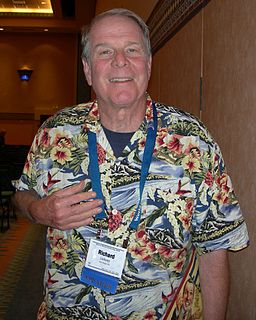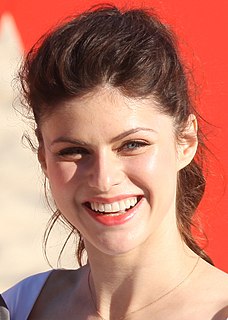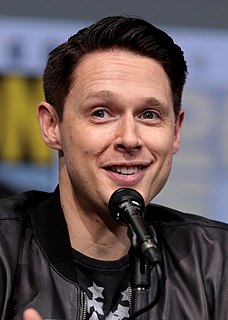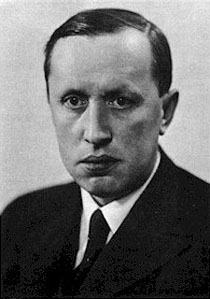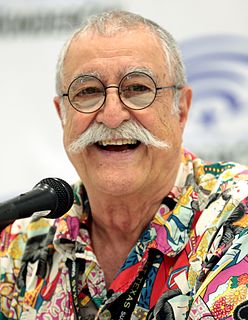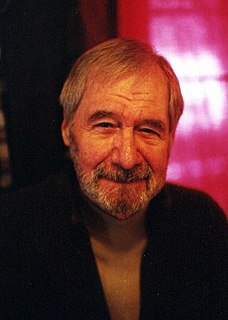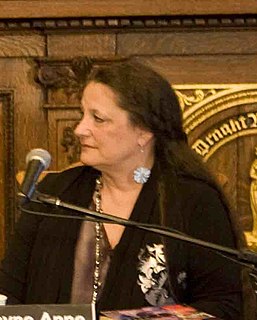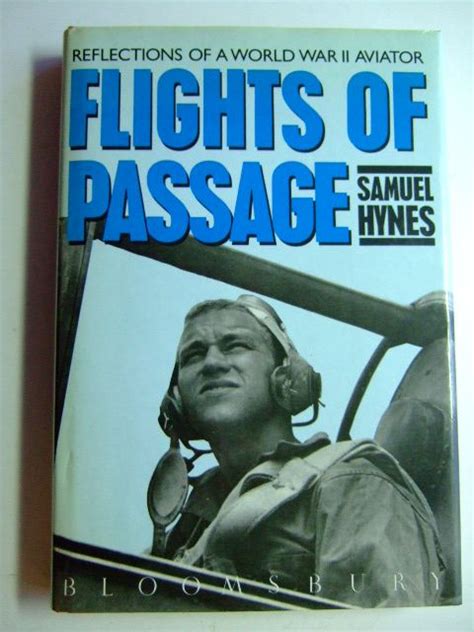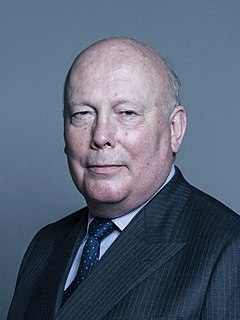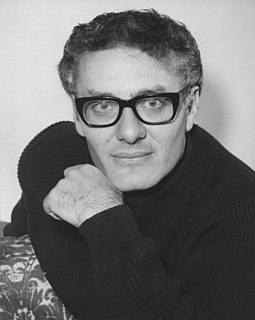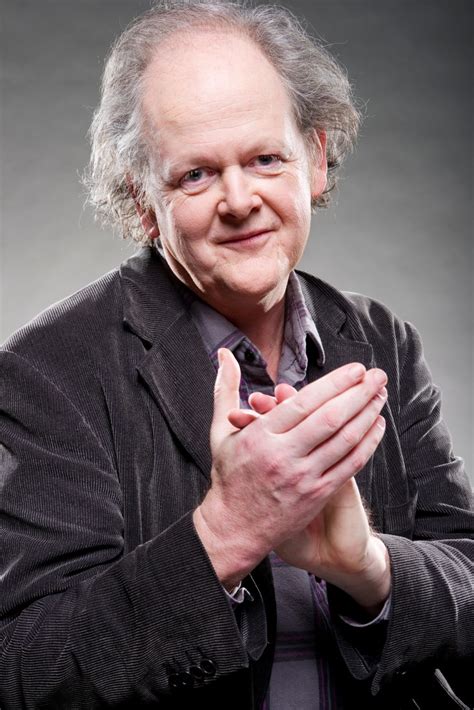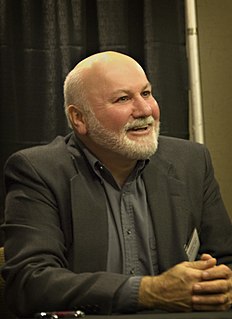Top 1200 Detective Fiction Quotes & Sayings - Page 19
Explore popular Detective Fiction quotes.
Last updated on November 16, 2024.
I grew up reading crime fiction mysteries, true crime - a lot of true crime - and it is traditionally a male dominated field from the outside, but from the inside what we know, those of us who read it, is that women buy the most crime fiction, they are by far the biggest readers of true crime, and there's a voracious appetite among women for these stories, and I know I feel it - since I was quite small I wanted to go to those dark places.
All of depiction is fiction, it's only a question of degree. When we think of images, such as the signing of the declaration of independence, we think of that wonderful John Trumbull painting Declaration of Independence that is at the Yale Art Gallery and on the back of our money. When we think of that historical moment we think of that image. That image never happened like that. All of those people were never in that room together to sign that paper. It's a beautiful fiction to help us have an understanding of what went on.
I could never be anyone I've played. I am so not a detective; I can barely get 200 yards from A to B with the help of Google maps, and I am just about the least observant person on the planet, so I never notice what people look like or how they walk or if they're committing a crime in broad daylight.
It is a work of psychogeography, albeit in a less explicit sense than Iain Sinclair's or Will Self's. It had to be fiction though, because I needed that freedom of including whatever belonged, and cutting out whatever didn't. The main fiction in it was matching Julius' generous and self-concealing character to New York's generous and self-concealing character. I think this also adds to my answer about New York's personality in the book.
The strange and wonderful Book of Job treats of the same subject as we are discussing; its contents are a fiction, conceived for the purpose of explaining the different opinions which people hold on Divine Providence. ...This fiction, however, is in so far different from other fictions that it includes profound ideas and great mysteries, removes great doubts, and reveals the most important truths. I will discuss it as fully as possible; and I will also tell you the words of our Sages that suggested to me the explanation of this great poem.
Incidentally, I am intrigued by how many European and Latin American writers expressed their political views in the columns they routinely wrote or write in the popular press, like Saramago, Vargas Llosa, and Eco. This strikes me as one way of avoiding opinionated fiction, and allowing your imagination a broader latitude. Similarly, fiction writers from places like India and Pakistan are commonly expected to provide primers to their country's histories and present-day conflicts. But we haven't had that tradition in Anglo-America.
In the early nineties, I was a cub reporter on a city newspaper in Limerick, and assigned to the courthouse there. One day, an old detective sergeant came and whispered to me in the press pit. He pointed out a young offender, a teenager who was up for stealing a car or something relatively minor, and said, 'See this kid? He'll kill.'
Boredom has been used as a technique, it is a device. In Zen, boredom is used as a device: you are bored to death, and you are not allowed to escape. You are not to go outside, you are not to entertain yourself, you are not to do, you are not to talk, you are not to read novels and detective stories. No thrill. No possibility to escape anywhere.
Dirk Gently [from Dirk Gently's Holistic Detective Agency], needs a sidekick, as all good detectives do, and he gets this message from the universe that this guy, Todd Brotzman, played by Elijah Wood, is the guy to help him through this mystery. But of course, that doesn't really explain the breadth of it.
Television is making, there was in independent film renaissance late '80s through the mid-90's. It was an amazing time. Television is doing that right now. So that's why everybody wants to do it. I mean if you're writing stuff like, you know, Fargo, or True Detective, or any of these things that are on, Breaking Bad, there are no rules in television.
I worked out a book which I thought was just straight science fiction -- with everything pretty much explained, and suddenly I got an idea which I thought was kind of neat for working in a mythological angle. I'm really struggling with myself. It would probably be a better book if I include it, but on the other hand I don't always like to keep reverting to it. I think what I'm going to do is vary my output, do some straight science fiction and some straight fantasy that doesn't involve mythology, and composites.
A lot of readers and a lot of editors had a story problem with Oracle, in that she made for such an easy, convenient story accelerator, that we missed the sense of having characters have to struggle to discover, to solve mysteries. Famously, it helped make Batman less of a detective and more of a monster hunter.
I never was that boy who loved gangster films, but when I was growing up, I was obsessed with the detective Dick Tracy. It was one of my favourite movies as a kid, and he really inspired me. I would have loved to be part of that golden age of Hollywood in the 1940s. It made me want to become an actor.
I dislike that premise implies that a fiction writer is incapable of dreaming up stories that can bring readers to tears, that if you are lucky enough to be living a pretty sedate life ,as I am, you've got nothing worthy of writing about, that you're incapable of making a reader's gut wrench.Frankly, that's what makes readers nervous, the sorcery of you or me or any good fiction writer making up characters who feel like real people, of telling a story that feels true but isn't.
What I warn you to remember is that I am a detective. Our relationship with truth is fundamental but cracked, refracting confusingly like fragmented glass. It is the core of our careers, the endgame of every move we make, and we pursue it with strategies painstakingly constructed of lies and concealment and every variation on deception.
In history, one gathers clues like a detective, tries to present an honest account of what most likely happened, and writes a narrative according to what we know and, where we aren't absolutely sure, what might be most likely to have happened, within the generally accepted rules of evidence and sources.
If all stories are fiction, fiction can be true -- not in detail or fact, but in some transformed version of feeling. If there is a memory of paradise, paradise can exist, in some other place or country dimensionally reminiscent of our own. The sad stories live there too, but in that country, we know what they mean and why they happened. We make our way back from them, finding the way through a bountiful wilderness we begin to understand. Years are nothing: Story conquers all distance.
When you're writing a book that is going to be a narrative with characters and events, you're walking very close to fiction, since you're using some of the methods of fiction writing. You're lying, but some of the details may well come from your general recollection rather than from the particular scene. In the end it comes down to the readers. If they believe you, you're OK. A memoirist is really like any other con man; if he's convincing, he's home. If he isn't, it doesn't really matter whether it happened, he hasn't succeeded in making it feel convincing.
He's lived a fiction. And, of course, he thinks that if you love someone enough, they will love you. And that if you steer things enough, things will, under your control, come right. And this is the fiction of the controller: a controller thinks that they can control their life into being what they want it to be. But their life will never be what they want it to be until they stop controlling, and that is their journey.
When we look at a good deal of serious modern fiction, and particularly Southern fiction, we find this quality about it that is generally described, in a pejorative sense, as grotesque. Of course, I have found that anything that comes out of the South is going to be called grotesque by the Northern reader, unless it is grotesque, in which case it is going to be called realistic.... Whenever I'm asked why Southern writers particularly have a penchant for writing about freaks, I say it is because we are still able to recognize one.
While I was writing poems, I would often divert myself by reading detective novels, I liked them. And there was a period when I read many of them. I absorbed the form, and I liked it, it was a good one, mostly the hard-boiled school, you know, Chandler, Hammett, and their heirs. That was the direction that interested me most.
I arrived at my way of "working" as a way of visually approximating what I feel the tone of fiction to be in prose versus the tone one might use to write biography; I would never do a biographical story using the deliberately synthetic way of cartooning I use to write fiction. I try to use the rules of typography to govern the way that I "draw," which keeps me at a sensible distance from the story as well as being a visual analog to the way we remember and conceptualize the world.
Journalism only tells us what men are doing; it is fiction that tells us what they are thinking, and still more what they are feeling. If a new scientific theory finds the soul of a man in his dreams, at least it ought not to leave out his day-dreams. And all fiction is only a diary of day-dreams instead of days. And this profound preoccupation of men's minds with certain things always eventually has an effect even on the external expression of the age.
I started writing novels while an undergraduate student, in an attempt to make sense of the city of Edinburgh, using a detective as my protagonist. Each book hopefully adds another piece to the jigsaw that is modern Scotland, asking questions about the nation's politics, economy, psyche and history ... and perhaps pointing towards its possible future.
I find it interesting that authors of fantasy and science fiction novels are rarely asked if their books are based on their personal experiences, because all writing is based on personal experience. I may not have gone on an epic quest through a haunted forest, but the feelings in my books are often based on feelings I've had. Real-life events, in fantasy and science fiction, can take on metaphorical significance that they can't in a so-called realistic novel.
That is as true for fiction or non-fiction. The writer has to really know their subject. It is really important to remember that the readers are a lot smarter than the writer. Also, good writing has to do with rewriting. You will never get it right the first time. So you rewrite and rewrite again until you get it right. Until you, and the reader, will be able to visualize what you're writing about.
I read the script [of Dirk Gently's Holistic Detective Agency] and went, "I haven't read anything this good, in a long time." I thought it was absolutely brilliant. The dialogue is so sparkling, smart and witty. You also have these insane, crazy characters, like energy sucking vampires and holistic assassins. It's all completely weird.
I had a Super Beetle that I restored and painted deep purple in honor of Jimi Hendrix that was stolen. After that, I got a Ford Falcon that had no windshield wipers, so whenever it rained - which, thankfully, in L.A. it doesn't do very much - I'd have to lean out my driver's side window like 'Ace Ventura: Pet Detective.'
Someone asked me when it was that I felt confident enough in my writing that I could rely on it as a career. The truth is, I never have. I'm always on the hunt for second, third, or fourth careers. Private detective and cinematographer were previous career choices, but now that I'm older I think I'd be a good portrait painter, rug merchant, or florist.
If the detective should suffer overmuch from the artistic temperament, and his fellow lodger should dwell overlong upon the fairness of a wrist or the timber of a feminine voice, so much the better for us. Literature never produced a relationship more symbiotic nor a warmer and more timeless friendship.
Y'see, I get so bored so easily. I like to start with a clean slate each time. Sure, I'll have characters drop in and out of books but the main cast of characters always changes. Maybe I'm wrong but I think if had the same joe detective guy or gal, I wouldn't write them as well; I wouldn't do as good a job.
The demons you have are what motivate you to make your art. This is what drives the detective, this is what drives the painter, this is what drives the writer: a conflicting urge to forget pain and at the same time remember it and fight for some kind of justice. I know these powerful things are inside of me and everyone in some way or another.





